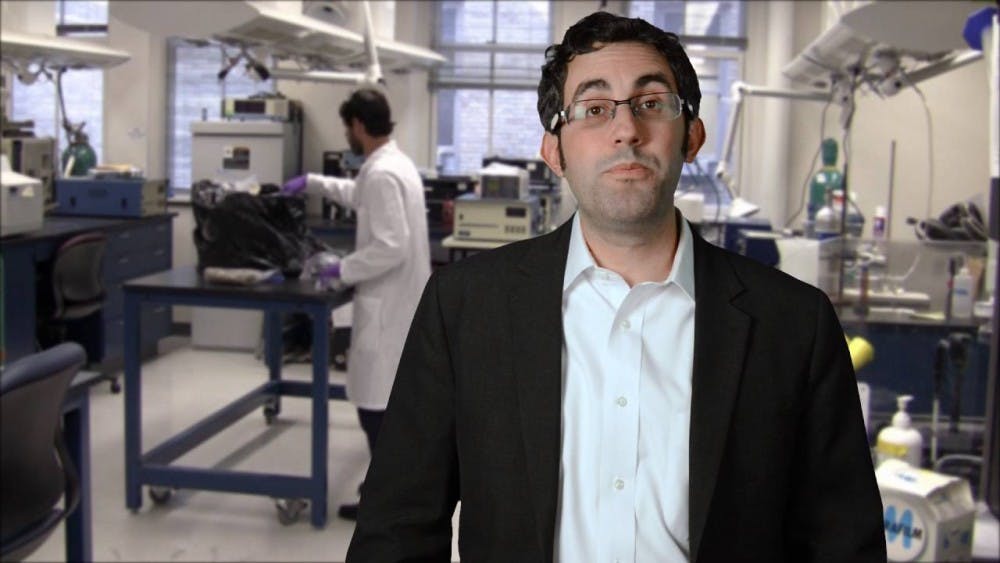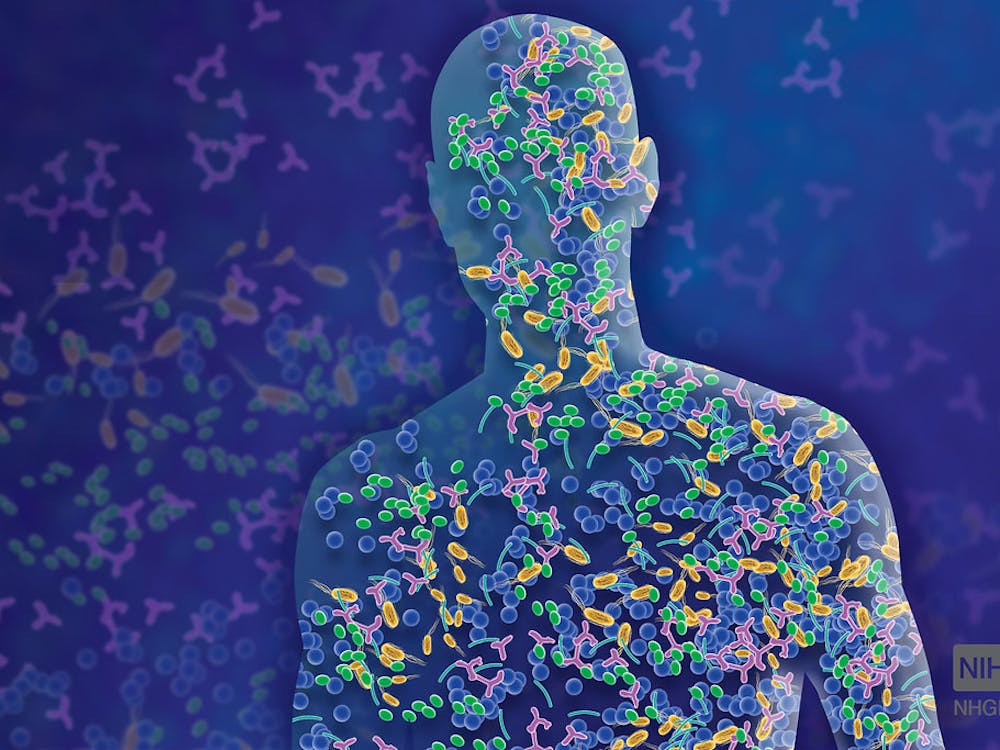It is easy to disconnect the food on our plate from its origins and even easier to forget about the long process that gets that food to us in the first place. Food production however has a large impact on both the health of individuals as well as the environment at large.
At the Bloomberg School of Public Health, the Food Production and Public Health program works to study the impact of industrial agriculture practices in order to promote safer and more sustainable methods of food production.
Professor Keeve Nachman is the director of the Food Production and Public Health program, and his work focuses on the intersection between food production practice and policy. Currently Nachman is studying the use of antibiotics in animals, and how it impacts the emergence of antibiotic resistant bacteria.
He is also working on a project to study urban farming in Baltimore. However, one of Nachman’s major success stories involved researching drugs containing arsenic and their use in the poultry industry.
“I became aware that a class of drugs was being used to raise poultry that contain arsenic, and arsenic is a pretty well recognized poison and human carcinogen,” Nachman said in an interview. “So when I found out that we use drugs with an arsenic base to raise animals that we were later going to eat, I was kind of surprised by that.”
Nachman explained that this research began as part of his work as a doctoral student where he first became interested in food production. Nachman studied a class of drugs that contained arsenic and were commonly used in poultry farming.
He worked to study the environmental impact of those animals’ waste as well as the meat itself. Nachman’s work ultimately had an impact on policy makers and helped lead to several drugs being banned in agricultural use.
The study of drugs used in food production continues to be an important issue, and Nachman is currently researching the use of antibiotics in farming. Researchers have seen a correlation between the use of preventative antibiotics in farm animals and the emergence of antibiotic resistant bacteria.
“A big area of interest of mine and a number of colleagues at the School of Public Health is how we use antibiotics to raise animals and how the use of antibiotics can lead to antibiotic-resistant bacteria, which are the source of challenging infections,” Nachman said.
California has recently passed a law that will take effect next year, which prohibits the use of antibiotics as a preventative measure in farm animals. Nachman, in collaboration with several other organizations, is working on a study to evaluate the effectiveness of this law.
The group plans to study regional data and compare samples of meat before and after the law is passed in order to compare the bacteria present.
Nachman expressed that these projects made him want to look into how we should be producing food, as opposed to simply looking for interventions into current practices.
“For a long time I thought we could solve all of the problems one by one, but it doesn’t really work that way,” Nachman said.
As a result, the Center for a Livable Future is working in collaboration with a number of groups in the city, as well as over 100 urban farms to study urban farming in Baltimore as a means of helping to promote safe and accessible food production.
The study involves taking samples of food, water and soil to test for the presence of heavy metals. In addition, the produce samples from urban farms will be compared with grocery store produce as well as produce grown in the country. The group plans to provide feedback to urban farms in Baltimore and help promote safe urban farming practices.
Sara Lupolt, a PhD student at the School of Public Health and Center for a Livable Future-Lerner Fellow, works on The Safe Urban Harvests project. She believes urban farming is a productive way to promote community, healthy habits and provide inner city areas with healthy accessible produce.
Both Lupolt and Nachman expressed that this project is a good way to help and give back to the community.
“We just want to make sure, particularly in urban areas where the chance of soil contaminants is greater, that we can help people do it safely,” Lupolt said. “Urban agriculture is something that we think generally is a great idea so this project is basically a service to the community to make sure that it’s safe to do.”
Correction: In an earlier version of this article Keeve Nachman's name was misspelled in the photo caption.























Please note All comments are eligible for publication in The News-Letter.